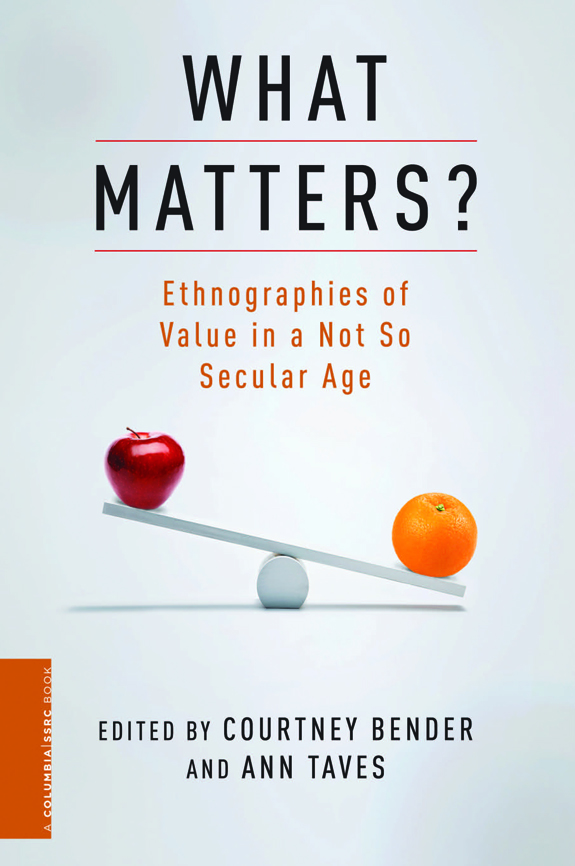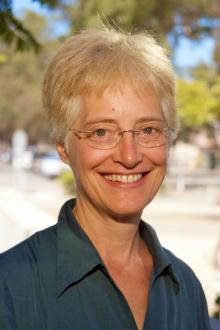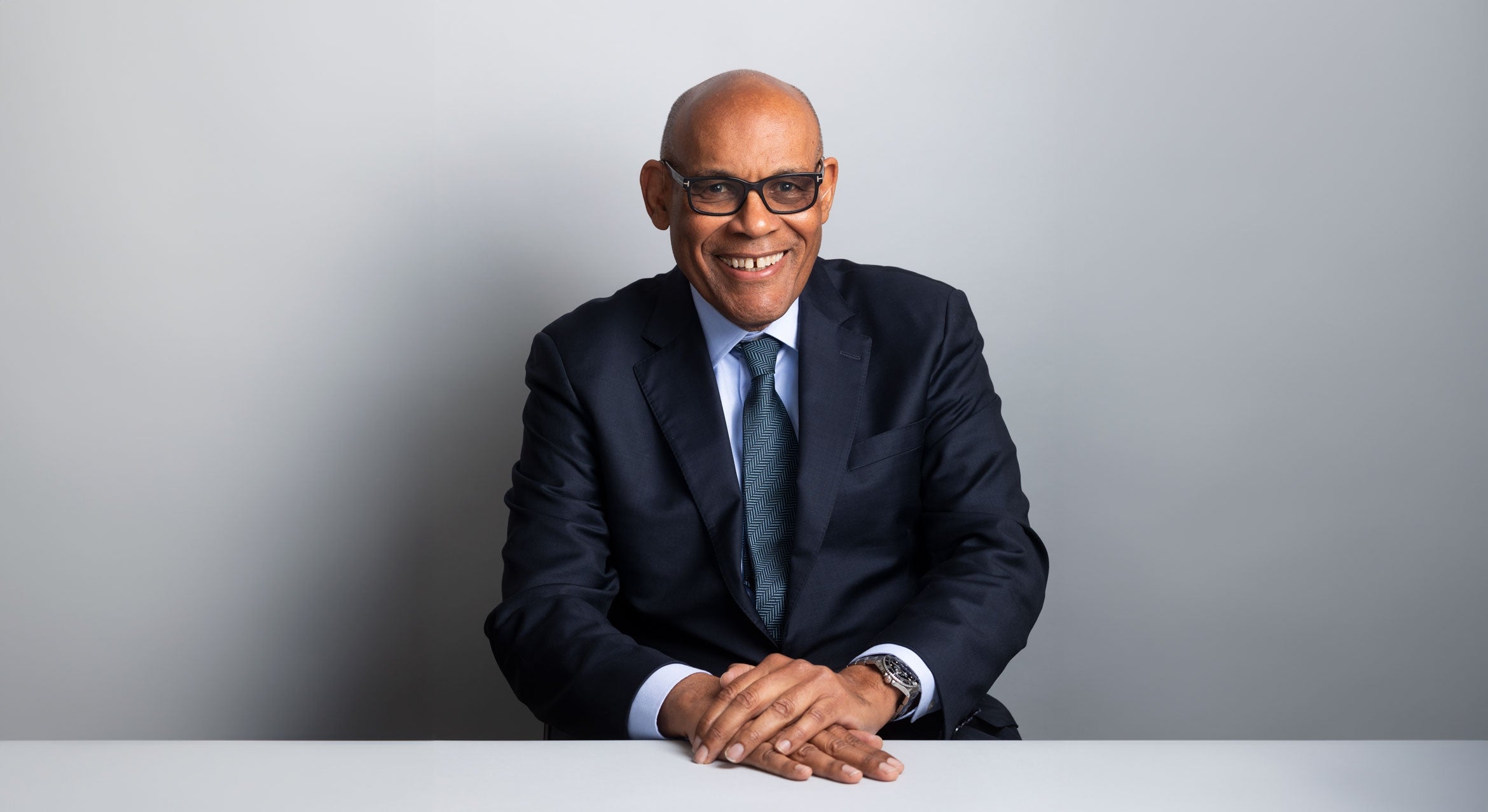
New Book by UCSB Religious Studies Scholar Examines Secularism, Religion, and How People Decide What Matters

As religious, secular, and spiritual distinctions have broken down over the past decade, scholars have had to rethink secularity and its relationship to society. A new book co-edited by Ann Taves, professor of religious studies at UC Santa Barbara, considers religious and secular categories and what they mean to those who seek valuable, ethical lives.
In "What Matters? Ethnographies of Value in a Not So Secular Age" (Columbia University Press, 2012), Taves, holder of UCSB's Virgil Cordano OFM Endowed Chair in Catholic Studies, and co-editor Courtney Bender of Columbia University show how approaches to "things that matter" aren't necessarily grounded in religion. "The work we're doing here allows people to see that it's not just religious people for whom things really matter," said Taves.
"We aren't talking about ethics in the abstract," she continued. "It's about the actual process of people valuing and making decisions about what's most important in the context of everyday life."
As they investigate how individuals and groups determine significance, set goals, and attribute meaning, contributors to the volume illustrate ways in which religious, secular, and spiritual designations serve as markers of value. Chapters explore topics such as contemporary psychic research and liberal homeschooling; the work of 19th- and early 20th-century American psychologists and French archaeologists; the role of contemporary humanitarian and volunteer organizations based in Europe and India; and the prevalence of highly mediated and spiritualized public groups, from international psychedelic trance festivals to Ghanian national political contexts.
Contributors focus particularly on the roles of ambivalence, attachment, and disaffection in the formation of religious, secular, and spiritual identities. They reset research on secular society and contemporary religious life while illuminating what matters in the lives of ordinary individuals.
The book came out of a meeting at the School for Advanced Research in Santa Fe, where Taves and Bender had been asked to consult. Anthropologists teamed with the nonprofit Social Science Research Council to explore social scientific approaches to spirituality. From that meeting, Taves and Bender were asked to co-edit a volume using the anthropologists' papers as the foundation.
The challenge for the researchers was to find a common theme among the disparate issues and topics.
"As a sociologist of religion, Courtney has been involved in discussions of the various meanings of secular and religious; and I've been working on building blocks of religiosity and sacrality, on the basic processes we use to make religions –– setting things apart, making things special, and deciding what matters," Taves explained. Their solution was to adjust the focus away from spirituality and toward the broader idea of what matters, which can include spirituality.
"We knew from the outset that we wanted to get beyond the simple religious/secular distinction, but, in the end, we decided we wanted to do more than add ‘spirituality' into the mix," Taves continued. "There's a lot more in the middle. We decided that it made more sense to open up a broader space in which to analyze what matters to people, rather than try to fit their views into the categories of religious, secular, or spiritual."
Related Links



